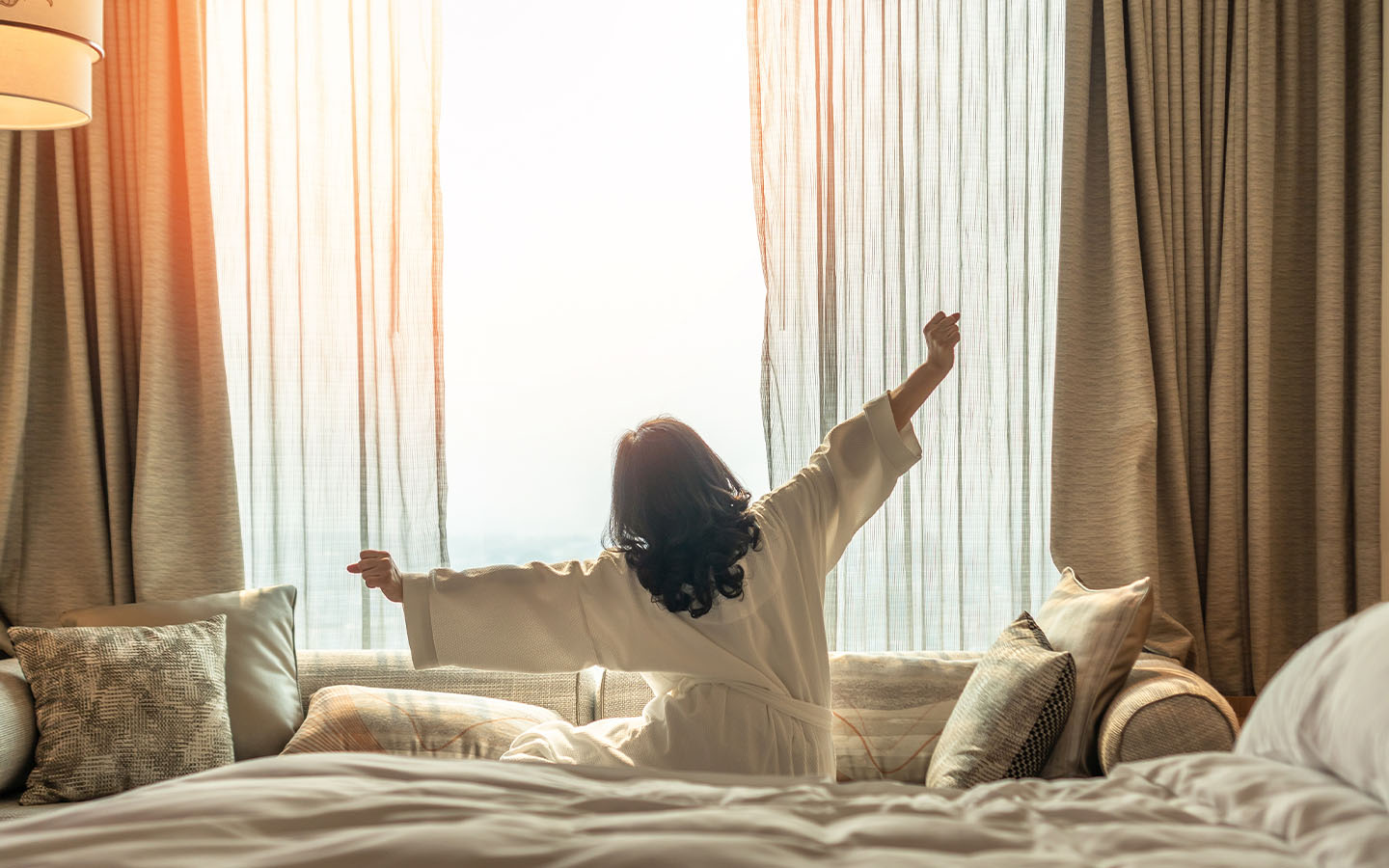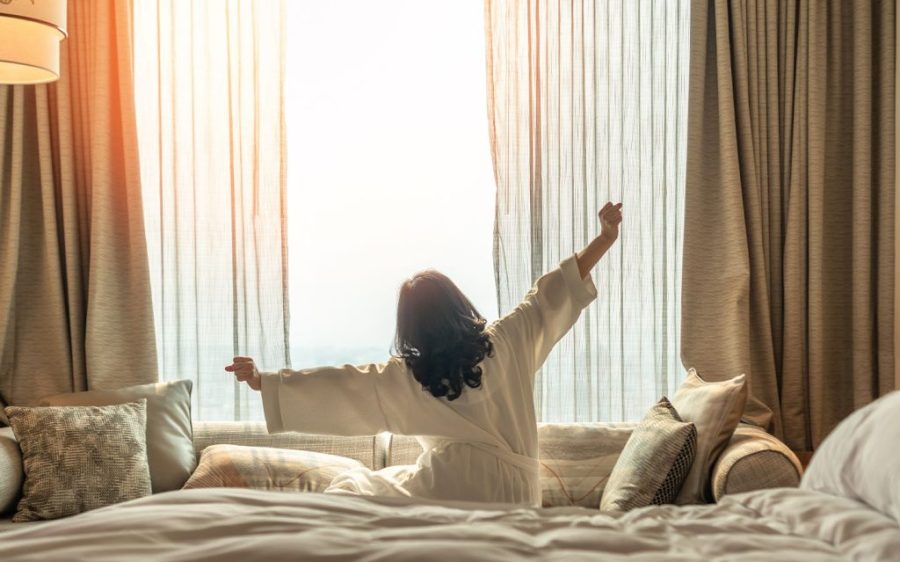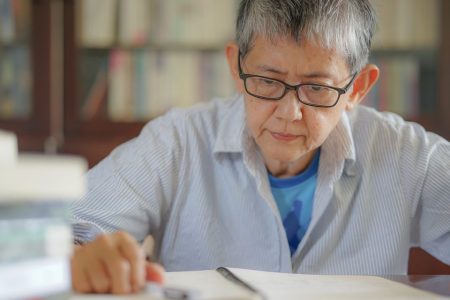Exercise offers an inexpensive, non-addictive tool for people in search of a better night’s sleep, but with so many options, it’s hard to know what will offer the most benefit. A team of researchers at Harbin Sport University in northern China sought an answer by comparing data from 30 trials to see which exercise method improved sleep most compared with no exercise.
Their findings, published in the journal Sleep and Biological Rhythms – and reported by the independent outlet Science News – suggest that high-intensity yoga for less than 30 minutes, twice a week, may be your best bet. Walking came in second, followed by resistance training and aerobic exercise.
The researchers theorise that yoga beat out other options due to the controlled breathing exercises associated with its practice, which activate the parasympathetic nervous system, lowering heart rate and promoting relaxation.
Don’t add that yoga mat to your shopping cart just yet though. The researchers say further investigation is needed to confirm their findings.
[See more: Lack of sleep and exercise is harming Macao’s students]
Most research into the effects of exercise on sleep is limited to one or two types of exercise, comparing differences in intensity, frequency and duration to assess impact on sleep over no exercise. This is the type of trial that went into the meta-analysis, allowing researchers to indirectly compare different types of exercise by ranking each study by the magnitude of sleep impact, as well as by relative intensity and duration.
New research that directly compares different exercise regimes, while also accounting for confounding factors like sex, age and fitness history, could offer more definitive conclusions. But the Harbin study, along with Science News’ interviews with sleep experts, do offer some guidance for how to approach exercise as a sleep aid in the meantime.
Avoid exercising right before bed. While you may think you’re tiring yourself out, long or intense workouts can raise cortisol levels, making it harder to fall asleep.
Pick an exercise and intensity level that suits your fitness level. What works for someone in their 20s may not benefit someone in their 60s, and vice versa. While the optimal exercise is still an open question, the sleep and health benefits of exercise in general are clear.






